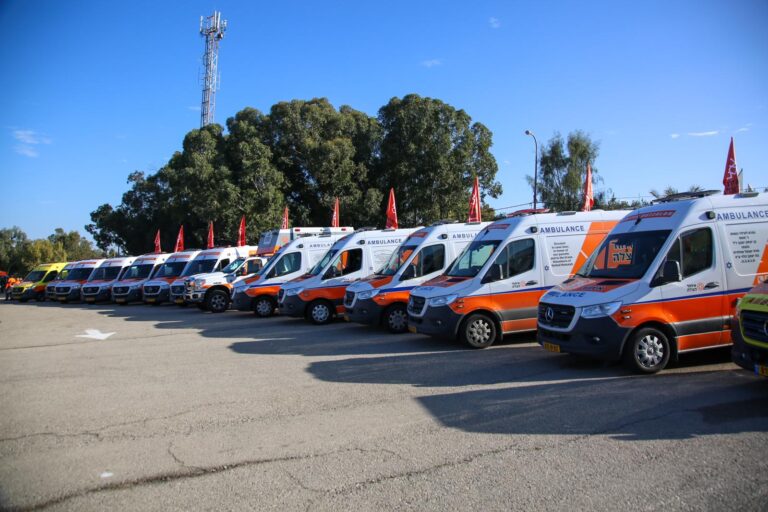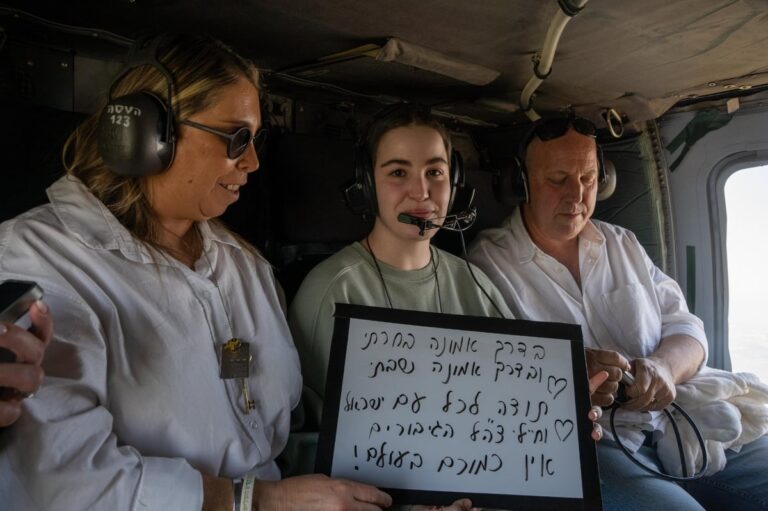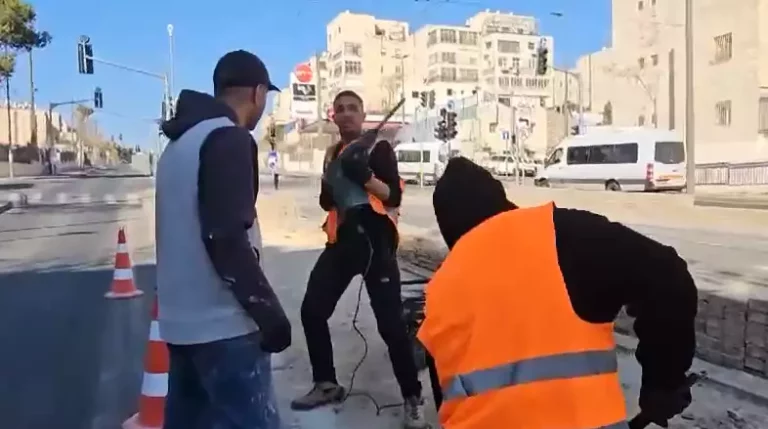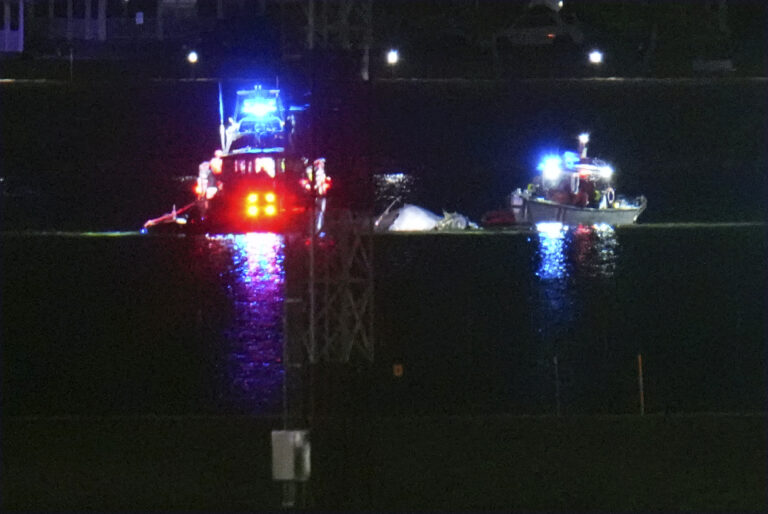 Natural disasters can bring out the best in people, and also the worst.
Natural disasters can bring out the best in people, and also the worst.
Following disasters like superstorm Sandy, opportunists and scam artists prey on victims as well as those who want to help. You can expect scams related to home repair, tree removal, used auto sales, charities and investment – not to mention price gouging.
Hundreds of price gouging complaints, ranging from hotel rooms to generators, have already been logged by the New York attorney general’s office. It is illegal in most locations to drive up prices in the aftermath of a disaster when demand climbs.
And many scams prey on people who want to help disaster victims.
“After practically every disaster, in the United States or abroad, charity scams pop up,” says John Breyault, vice president of the National Consumers League. “We saw charity scams pop up after Hurricane Katrina, the earthquake in Haiti and the Indonesian tsunami, to name just a few.”
Home-repair and tree-removal scams, for instance, count on local companies becoming overloaded. An offer to get work done quickly can be awfully tempting to a desperate homeowner.
“These fraudsters often show up unannounced at consumers’ doors after a disaster offering to quickly repair damage at cut-rate prices,” Breyault says. “All too often, they simply take the deposit and run, or take the payment and do purposefully shoddy work that may leave consumers’ properties in even worse shape than when they started.”
This can be a double-whammy for consumers since they lose the money they paid the scammer and may also have to pay to fix damage caused by the fraudster, Breyault adds.
CONTRACTOR SCAMS
New York Attorney General Eric Schneiderman, whose office has set up a hotline to report scams, and the Better Business Bureau (BBB) offer the following advice for those who need repair work: · Check with your insurance company before making any decisions about repairs. Be clear about what will be covered and any steps you will need to take. · Before hiring a contractor, ask for references, check their licenses and insurance, verify the address they are using, and see what local work they have done. Check their track record with a local or state licensing office and the BBB. · Get estimates in writing. Be sure estimates include a detailed description of the work to be done, the material to be used, and milestones for making payments. · Do not pay for work in full in advance. A deposit of up to one-third of the estimate for the work is typical. Withhold final payment until the work is done to your satisfaction and final inspections are completed.
Do not believe a contractor who claims to be supported by the government, says the Property Casualty Insurers Association of America. The Federal Emergency Management Agency (FEMA) does not endorse individual contractors. Anyone who is presented with such a claim should contact FEMA.
CHARITY CARE
Take care if you want to help victims by donating to charity. Be particularly leery of charities that have sound-alike names that are similar to other, well-known organizations.
Beware of paid fundraisers who call on the phone to solicit donations. If you’re interested in what they have to say, get information about where you can find out more about the organization and how you can donate once you have had time to think about it.
Donate to charities you already know, suggests the Federal Trade Commission.
Do not give out personal or financial information – including your credit card or bank account number – unless you know the charity is reputable. Numerous organizations exist to help donors screen charities, including Guidestar.org, CharityNavigator.org and the Better Business Bureau Wise Giving Alliance (Give.org).
EMAIL SECURITY
Potential donors are often targeted by email after a disaster.
Following a deluge of scams tied to Hurricanes Katrina, Rita and Wilma, the U.S. Department of Justice established the National Center for Disaster Fraud. The center warns of requests via social media (often urging users to click on a photo) or email soliciting donations. It also urges recipients to not click on links. Instead, independently seek information about a charity you are interested in.
The NCDF also urges consumers to avoid cash donations. There will be no record the organization will have received the money, and you will not have a record for tax purposes. Any request for donations via money transfer services should be viewed as illegitimate.
Use the NCDF email – [email protected] – to report attempts to defraud on behalf of storm victims. Complaints can also be made at the FBI’s Internet Crime Complaint Center at www.ic3.gov .
Also beware of fraudsters selling cars that were declared a complete loss from flooding, and scams targeting storm victims who have received lump sum payouts from insurers.
The BBB warns about the common practice of selling cars that were flooded but then cleaned up and sold by unscrupulous dealers.
If you are buying a used vehicle, check to see if it came from any area that had flooding. Examine the title for the word “salvage” and get a vehicle history report to see if the car was declared a loss by an insurance company. Be sure to have the vehicle inspected by a mechanic.
Look out for investment scams following a disaster. The U.S. Securities and Exchange Commission says such scams can take several forms, including seeking investments for companies that claim to be involved in revenue-producing clean-up; guaranteeing a high return on an investment; and Ponzi schemes that require new investor money to pay previous investors.
Numerous such cases followed Hurricane Katrina, the SEC says. The commission urges a potential investor to be skeptical of post-disaster investment opportunities. Check if the seller of the investment is properly licensed, ask a lot of questions, then verify the answers with an unbiased knowledgeable source, the SEC says.
(Reuters)











2 Responses
The biggest scan is from the environmentalists who want to convince you the storm was caused by carbon emissions and to spend trillions of dollars to support their belief.
If increased CO2 in the air led to warming, then it would tend to make storms weaker, not stronger. Storms get their energy from temperature differences; the bigger the difference the stronger the storm. The CO2 “greenhouse effect”, at least according to the theory, warms colder areas much more than warm areas, thus reducing the difference between areas and thus storm energy. This is basic physics.